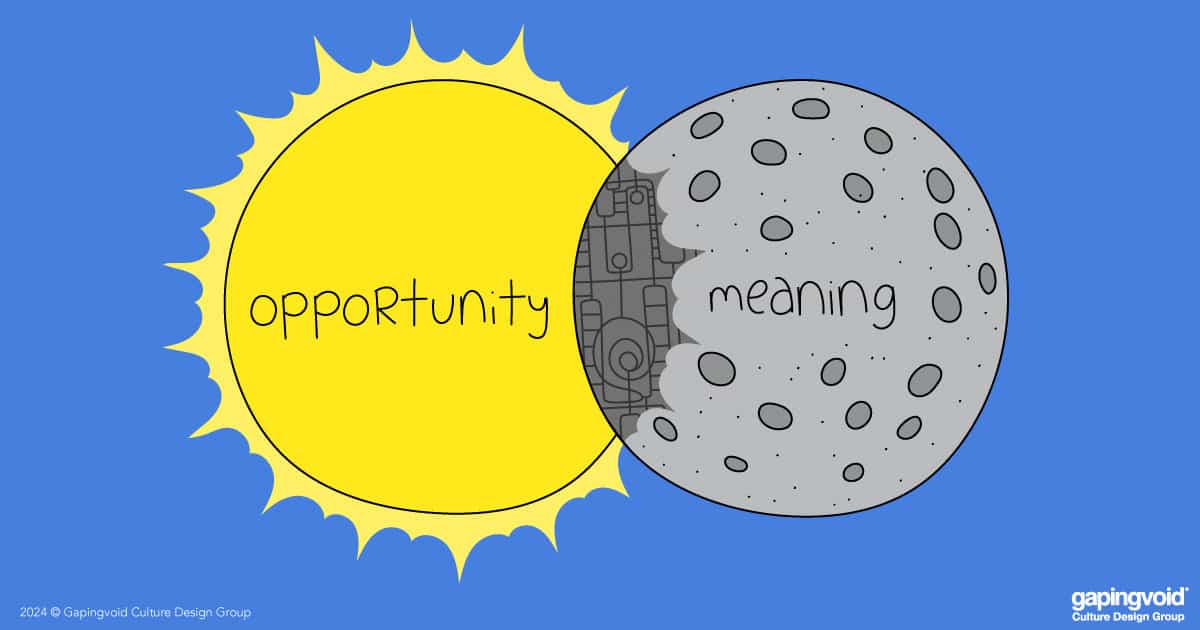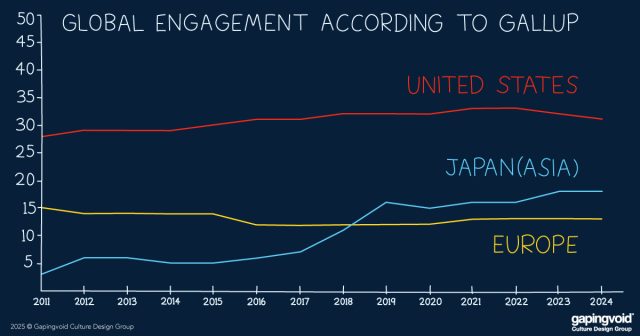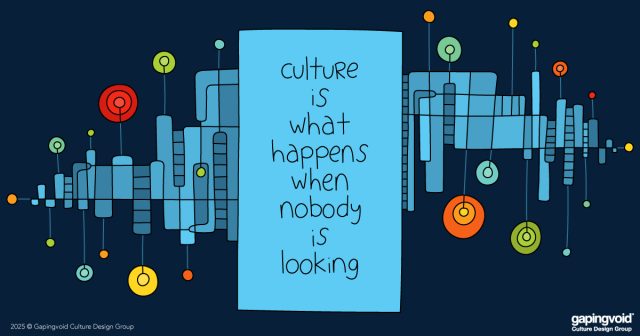
Starting in 1940s post war Paris, the “Existentialism” philosophical movement became all the rage, soon spreading globally led by big names like Jean-Paul Satre and Albert Camus.
Their big idea was that life was inherently meaningless, so we might as well stop taking it so damn seriously.
Though existentialism is often an attractive idea to many of us, particularly when we’re young, it just doesn’t have legs.
And it’s easy to see why. For example, today was Eclipse Day (but you already knew that). Today and for the weeks leading up to it, we’ve seen all sorts of stories in the media about people flooding to the best place in the country to view it, of AirBnBs selling out, of local economies being massively boosted from all the influx of people. Not to mention the t-shirts, sunglasses, and even eclipse booze.
It’s turned out to be quite a big deal, culturally speaking.
The question is, “why?”
We are not pagan sun worshippers. We know all about science, astronomy and stuff. We know today’s eclipse was made by the same laws of physics that make the phases of the moon, just less often. Yet we don’t drive hundreds of miles to watch those, like it’s a religious pilgrimage.
Yet, in some ways, the solar eclipse today was a religious pilgrimage. We are a hyper-social species. This means that once we’ve met our bare essentials, most of our meaning comes from relationships and interactions with other people. This is why organized religion exists to begin with. It tends to stick more than just doing it by yourself.
So even if we think we’re going to watch an eclipse because, y’know, “It’s an eclipse!!!,”in reality, we’re going to look for meaning with other people.
But will we actually find it? Surprisingly, yes. Because with the human species, meaning is attained not in the finding, but in the looking.
In other words, it’s not the eclipse that matters, it’s the social interaction around it that matters.
Because that’s where real meaning resides.



